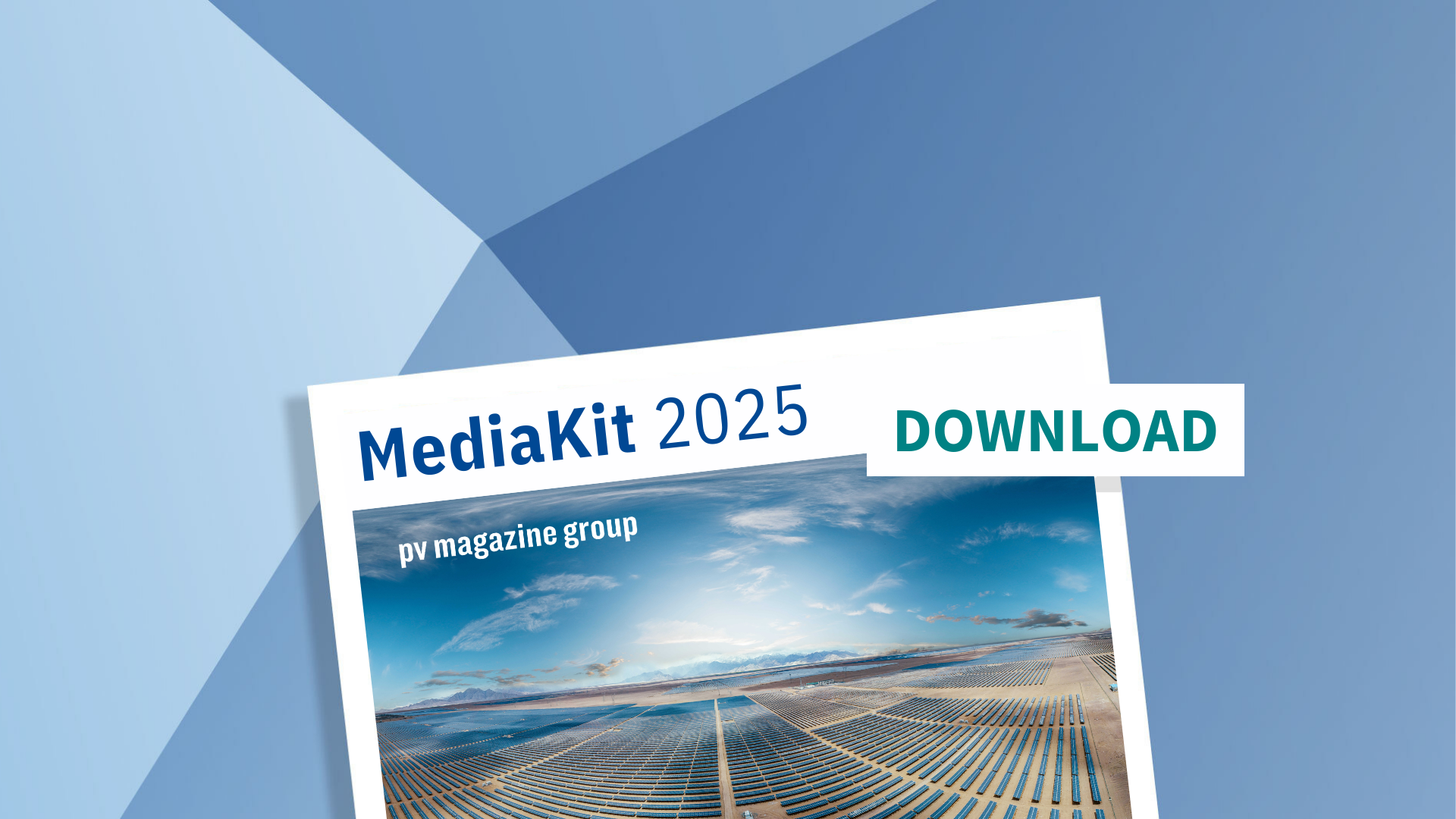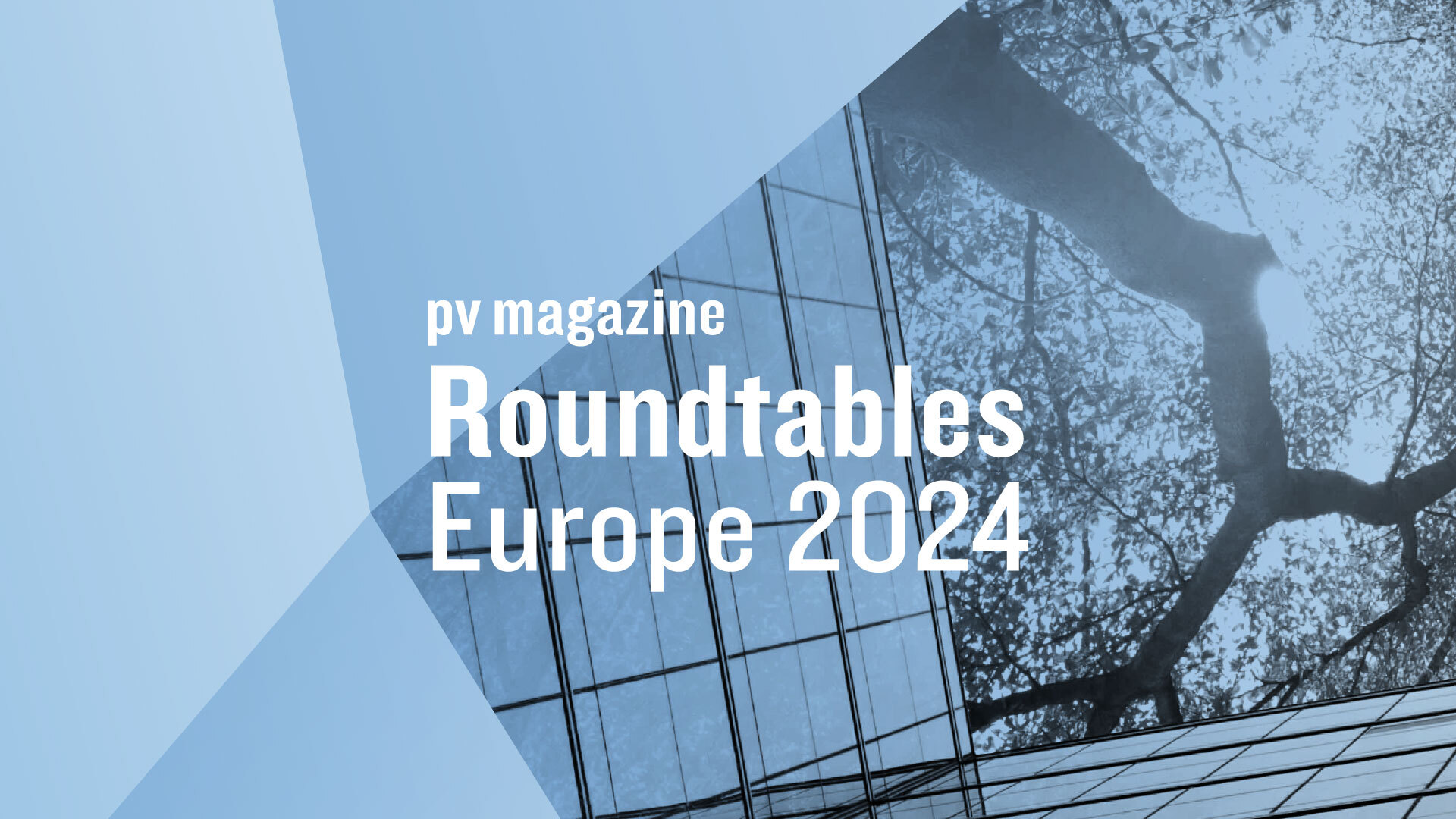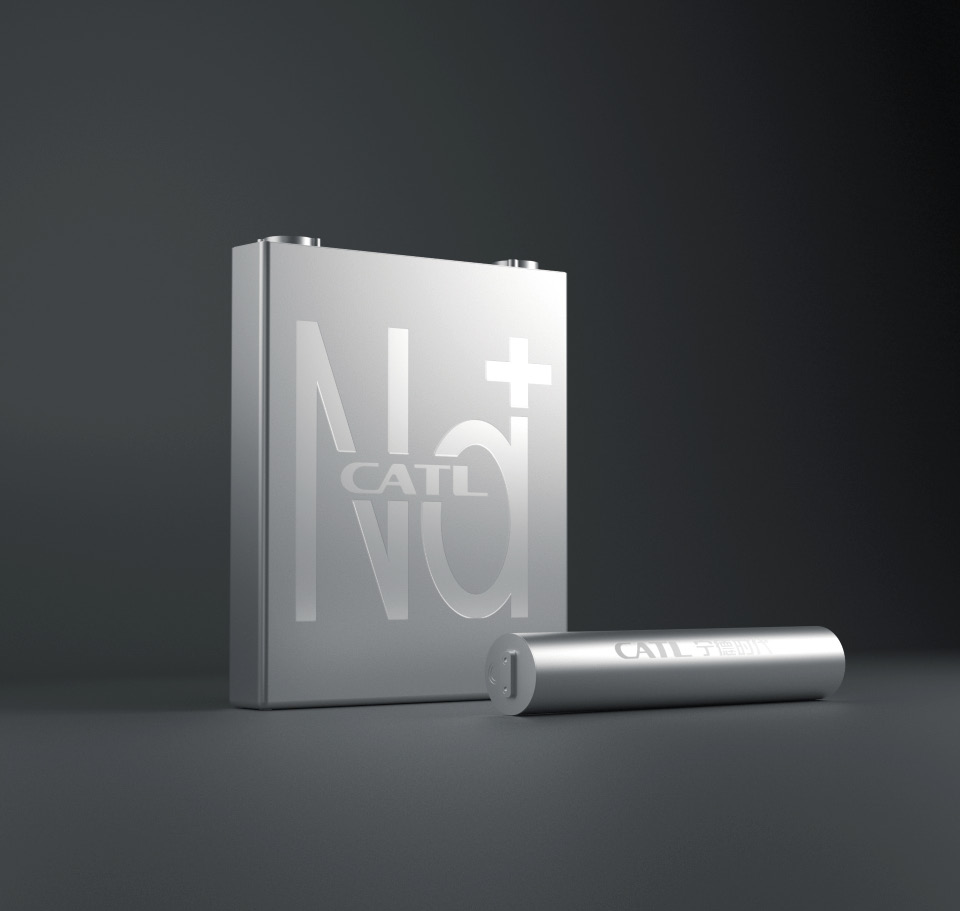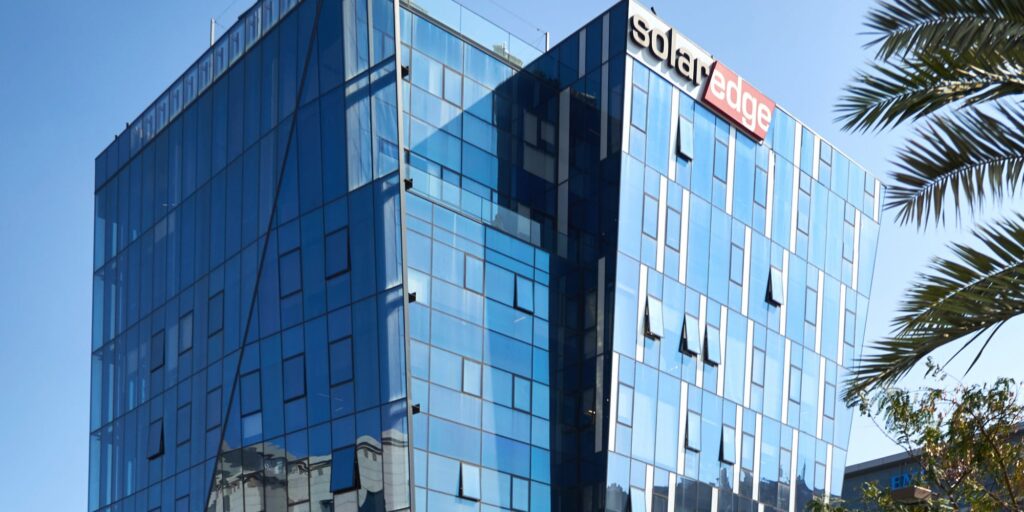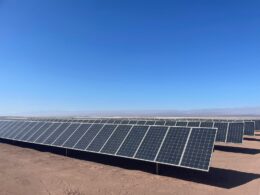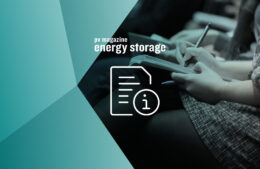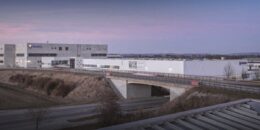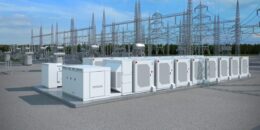Tesla continues scaling up energy storage business in China

Electric vehicle and energy storage maker Tesla initiated its Megafactory in Shanghai in December 2023 and completed the signing ceremony for land acquisition. Once delivered, the new plant will span an area of 200,000 square meters and come with a price tag of RMB 1.45 billion. This project, which marks its entry to the Chinese market, is a key milestone for the company’s strategy for the global energy storage market.
As demand for energy storage continues to grow, the China-based factory is expected to fill Tesla’s capacity shortage and become a major supply region for Tesla’s global orders. Moreover, as China has been the largest country with newly installed electrochemical energy storage capacity in recent years, Tesla is likely to enter the country’s storage market with its Megapack energy storage systems produced in Shanghai.
Tesla has been scaling up its energy storage business in China since the beginning of this year. The company announced its construction of the factory in Shanghai’s Lingang pilot free trade zone earlier in May, and signed a supply deal of eight Megapacks with Shanghai Lingang Data Center, securing the first batch of orders for its Megapacks in China.
Currently, China’s public auction for utility-scale projects saw fierce price competition. The quote for a two-hour utility-scale energy storage system is RMB 0.6-0.7/Wh ($0.08-0.09/Wh) as of June 2024. Tesla’s product quotes are not competitive against the Chinese manufacturers, but the company has rich experiences in global projects and strong brand impact.
Tesla is not only a competitor to the Chinese energy storage manufacturers but also a partner and collaborator. Its entry into the Chinese market can help drive the innovation and development of companies in the energy storage industrial chain and boost the market as a leading manufacturer with global impact.
The Shanghai plant is Tesla’s first energy storage factory built outside of the US. With an annual capacity of 40 GWh, the factory will mainly produce Megapacks. Mass production should be reached in the first quarter of 2025, with approximately 10,000 units. Together with its capacity in the US, Tesla’s manufacturing capacity could reach nearly 100 GWh annually in the future.
In addition, Tesla is strengthening its talent acquisition in China, recruiting for a wide range of positions including energy storage product engineer, project manager, and business development manager, which have stricter requirements on expertise and higher salaries than the market average in China. Tesla is planning to build a Chinese team to move forward its participation in China’s utility-scale energy storage projects, indicating its determination to deepen engagement in the Chinese utility-scale storage market for the long term.
China has been the energy storage powerhouse since the beginning of 2022. InfoLink’s research finds that the concentration rate of the top 10 largest manufacturers reached 90.9% in the global energy storage cell shipment in the first quarter of this year. Nine out of the top 10 battery cell makers are Chinese companies, with the five leading ones based in China. China has accumulated talent and rich experiences in energy storage as the industry booms, which can assist Tesla with expanding its energy storage business in China.

Source: InfoLink Consulting
Energy storage products in China have lower costs than in other countries. At present, China dominates the energy storage supply chain, and is therefore more mature compared to other countries. Tesla’s expansion to China will help it reduce manufacturing costs and enhance delivery efficiency, which are beneficial to its product competitiveness. The products made in Shanghai will supply the Chinese market as well as other regions.
According to Tesla’s quotes on its website dating July 2024, its 1.9 MW/3.9 MWh Megapack is priced at $1,039,290, translating to a unit price of $0.27/Wh, down nearly 44% compared to the price for the same product in April 2023, which stood at $1,879,840 (translating to $0.48/Wh unit price). Its product costs are expected to fall further in terms of production, logistics, and labor, after its production lines in China are successfully built, allowing Tesla to gain a further competitive edge in the global energy storage market.
According to Tesla Energy’s latest statistics, its energy storage installation has reached 9.4 GWh in the second quarter, a historic high. Combined with the 4.1 GWh installed in the first quarter, Tesla has accumulated 13.5 GWh of installed capacity in the first half of this year, up 178% YoY, a figure almost equal to the capacity installed annually in 2023.
Tesla’s financial statement for Q1 2024 shows that its energy generation and storage segment posted a gross margin of 24.6%, far higher than its automotive segment and increased from last year’s 11%. Energy generation and storage revenue was $1.635 billion, up 7% YoY. Clearly, energy storage has become a key driver of Tesla’s revenue growth.

Source: Tesla
Tesla is likely to exceed 30 GWh of shipments this year. Based on the real shipments of the second quarter and the projected shipments for 2024, Tesla’s manufacturing in the US has been running at full capacity. According to the information announced on its website in July, the delivery time is the second quarter of 2025. Tesla needs to step up its energy storage capacity this year to fulfil its orders.
Tesla has been developing its Powerwall, Powerpack, and Megapack products since 2015 when it expanded to energy storage business, and successfully delivered orders to the US, the UK, and Australia over the past few years. It’s reported that Tesla has received a 100 MW energy storage contract from Contact Energy in New Zealand, to which it will supply Megapack products, maintenance, and support services.
In addition to Tesla, InfoLink has observed several Korean and Chinese manufacturers are expanding overseas. For instance, LG has invested $800 million in building cell production lines for EV and energy storage in Nanjing; Eve Energy, AESC, Hithium, and Gotion are also building cell or modular plants in Southeast Asia, Europe, or North America. Their expansion to overseas markets will enable them to fulfil local demand and ease barriers caused by localization policy.
Amy Zhang is an analyst at InfoLink Consulting. She specializes in research and analysis in the energy storage industrial supply chain. Amy mainly conducts research on the supply/demand dynamics as well as the competition landscape, and tracks price trends of the key products in the industry. Prior to joining InfoLink, she worked for a leading energy storage manufacturer, where she gained rich industry knowledge and built an extensive network.


